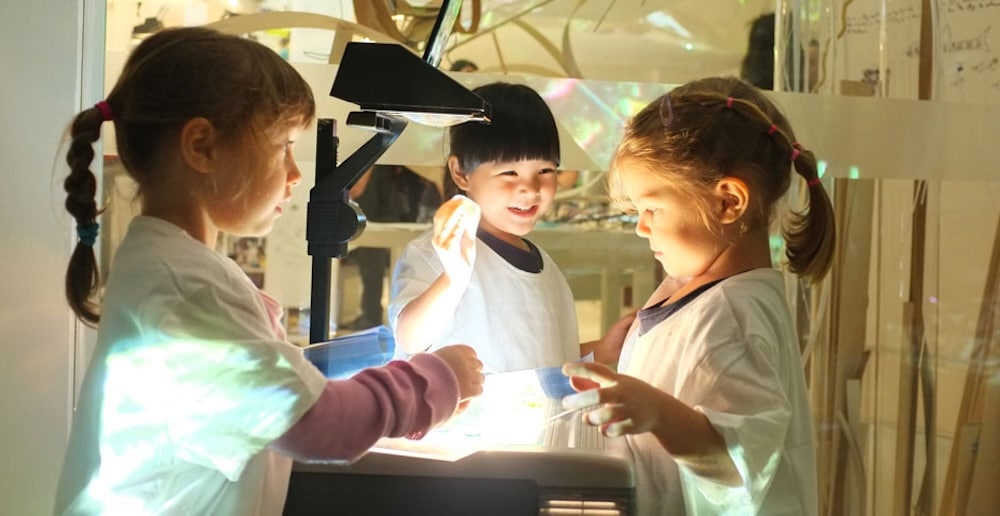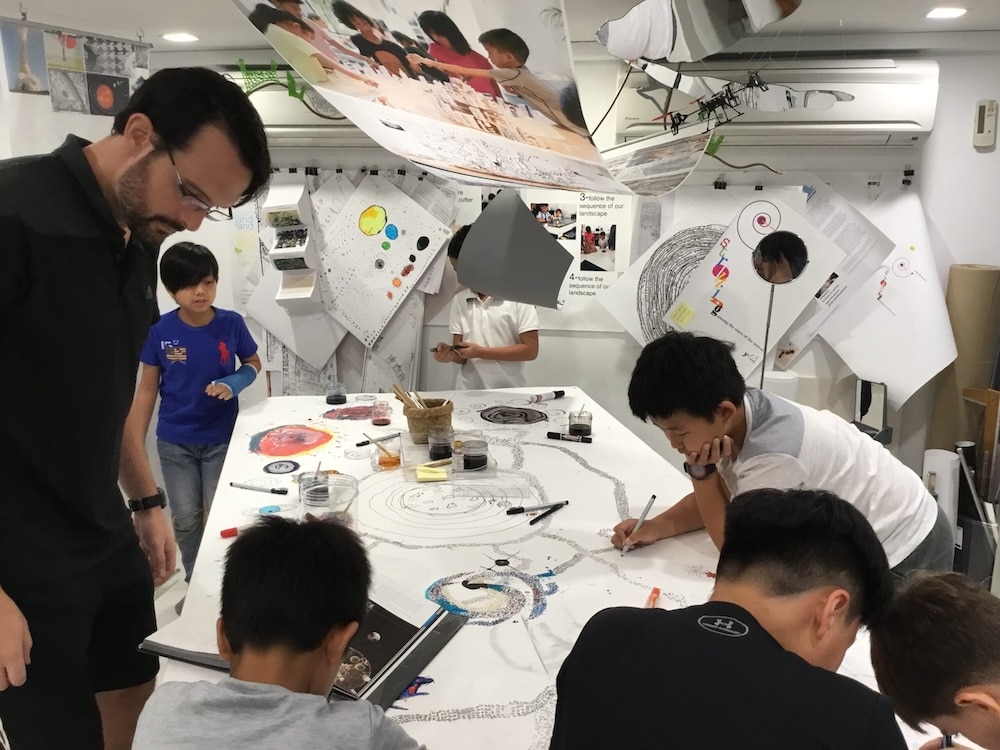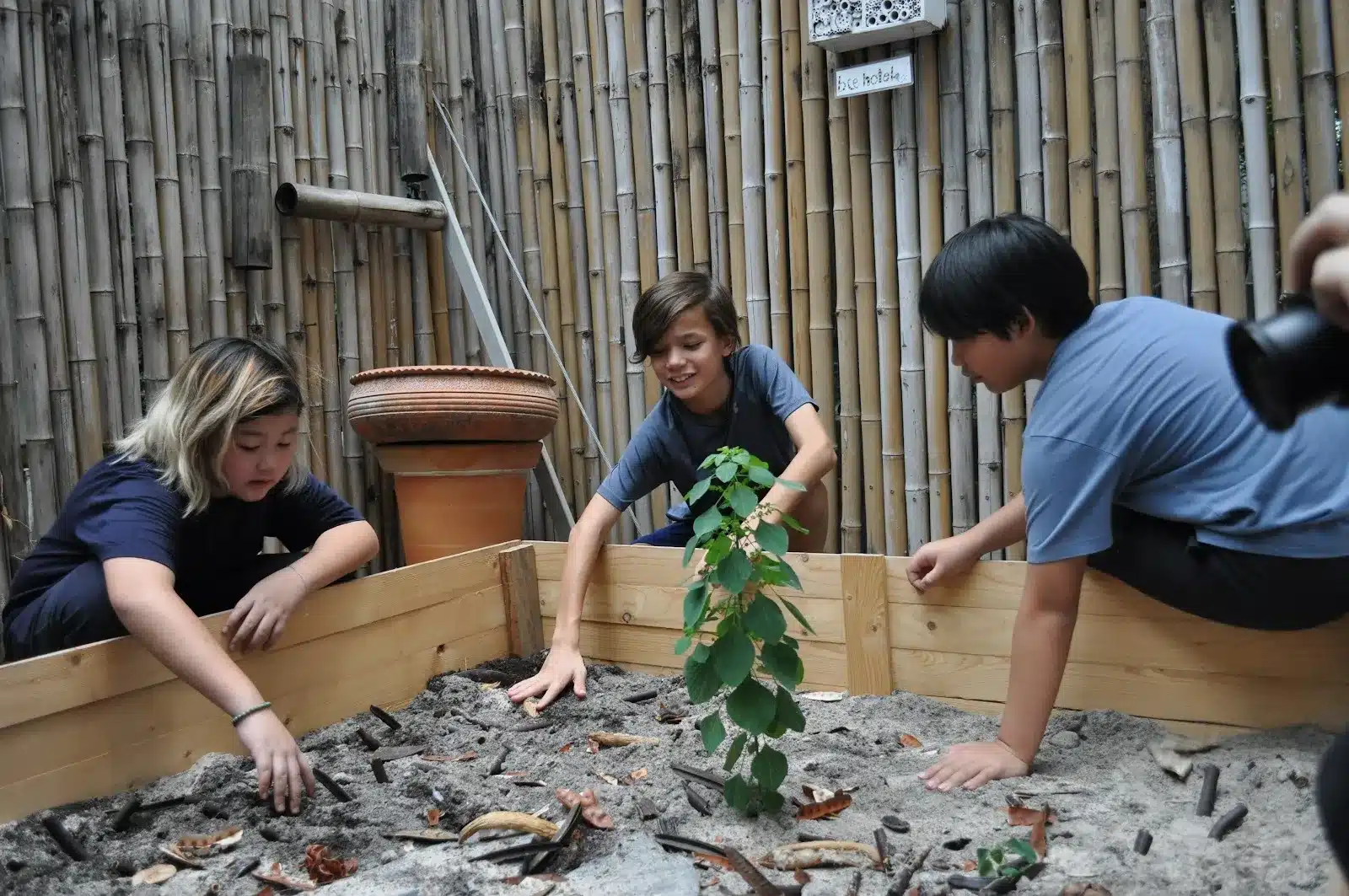Inside the Reggio Emilia approach to early years education
Choosing the right preschool is a meaningful decision for every family. At ELC International Schools in Bangkok, we offer a unique balance: a rigorous academic foundation rooted in the world-renowned Ontario curriculum (Canada ranked 6th globally and highest in the English-speaking world on PISA assessments) brought to life through the Reggio Emilia philosophy. This powerful combination ensures children develop strong literacy, numeracy, and critical thinking skills while being encouraged to explore, question, and co-construct knowledge through meaningful, hands-on projects.The Reggio Emilia approach to education is more than a method — it’s a way of seeing the child, learning, and the role of the teacher. In this article, we explore the core principles of the Reggio Emilia approach, how it’s authentically implemented at ELC, and why it prepares your child not just for school, but for life.
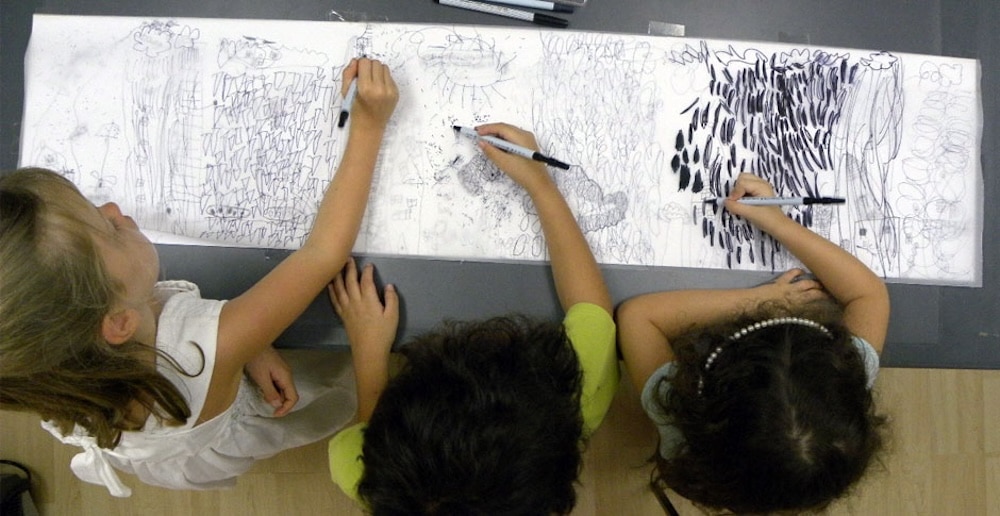
Why ELC’s Reggio-Inspired approach stands out
At ELC International Schools Bangkok, we’ve spent over 40 years refining a Reggio-inspired practice that is intentional, academically strong, and deeply personal. At the heart of our approach are the values we uphold every day—ensuring every child feels safe, supported, and inspired to grow. While many schools may adopt elements of Reggio Emilia, few integrate it as thoroughly—and as purposefully—as we do. Our approach includes: a Reggio-inspired practice that is intentional, academically strong, and deeply personal. Our intentional and deeply personal approach fosters learners that are academically strong and rigorous critical thinkers and researchers. Our approach includes:
- A structured and rigorous curriculum from Ontario, Canada—ranked among the world’s best—that combines academic excellence with inquiry, creativity, and real-world learning to nurture independent, capable thinkers.
- Progress tracked through observation, documentation, and assessment
- Highly qualified, trained, and accessible educators who guide children academically and socio-emotionally through observation, dialogue, and intentional planning
- Personalized learning pathways supported by small class sizes and an exceptional 1:4 educator-to-child ratio
- Inspiring learning environments and ateliers designed as a “third teacher,” encouraging wonder, collaboratiåon, and exploration
- A focus on future-ready, transferable skills through our city school scholar mode—such as creativity, critical thinking, adaptability, and collaboration—explicitly taught in every class and aligned with the OECD 2030 skills framework
- A continuum of inclusive support, from mainstream classrooms with inclusive educators to The Dove Centre, our dedicated space for children who thrive in individualized learning environments
- A strong focus on socio-emotional well-being, creating a community where children feel safe, seen, heard, and valued—fostering confidence, compassion, and a love of learning
- A whole-child approach that combines academic strength, personalized learning, exceptional educators, and a deep focus on emotional well-being—ensuring every child receives the support they need to thrive
This balance of structure and freedom ensures that every child is seen, supported, and empowered to thrive academically and personally.
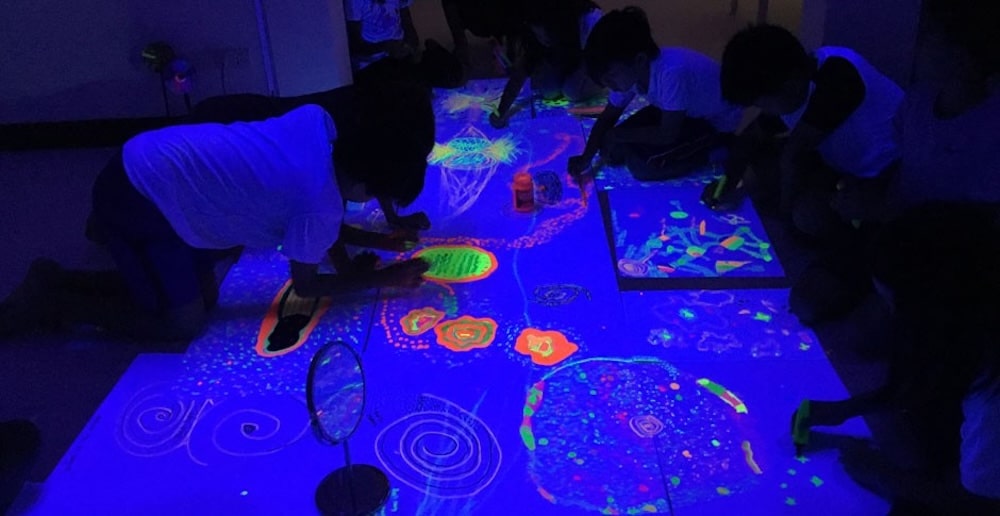
What is the Reggio Emilia approach?
The Reggio Emilia approach to education is an innovative teaching philosophy that originated in the town of Reggio Emilia, Italy, after World War II. Developed by educator Loris Malaguzzi and local parents, it was designed to provide young children with a progressive and cooperative learning environment.
In contrast to traditional teaching methods, the Reggio Emilia approach does not follow a rigid curriculum. Instead, it encourages children to explore their interests and construct their own knowledge through hands-on experiences. This approach views children as strong, capable individuals who are naturally curious about the world around them. It also emphasizes the importance of community, collaboration, and respect for the child’s voice in shaping their learning experience.
At ELC, the Reggio philosophy is not a curriculum – it’s a mindset. Combined with the rigour of the Ontario curriculum, it empowers children to co-construct knowledge through inquiry-based learning that is both creative and purposeful. Teachers plan with intention, ensuring that children’s passions are connected to clear academic goals. This balance allows us to follow the child’s interests and deliver deep, meaningful learning across subjects.
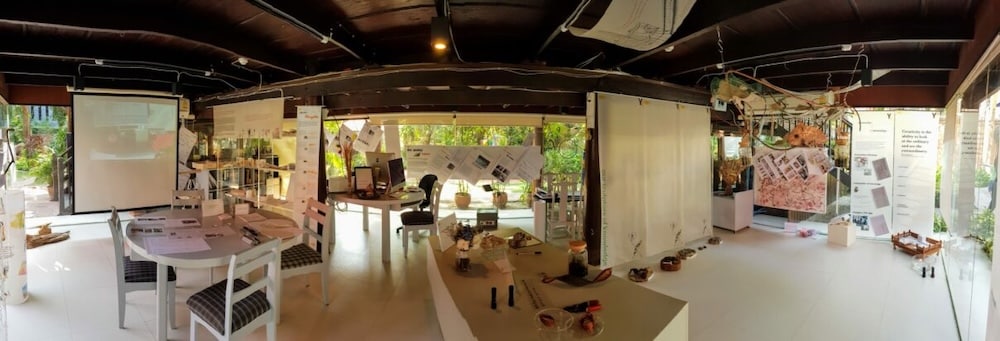
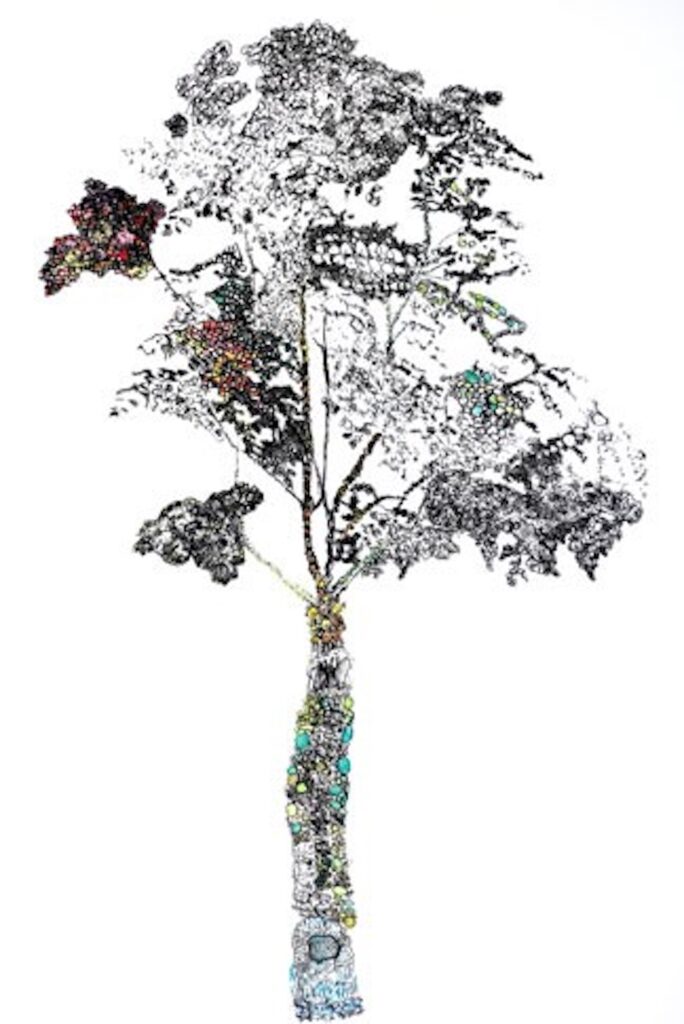
Fundamental principles of the Reggio Emilia approach
Child-led learning: At ELC, learning begins with the child’s interests but is guided by the intentional planning of expert educators. Projects are co-constructed, meaning teachers carefully scaffold the learning, ensuring that children’s passions connect to key concepts in literacy, numeracy, science, and more.
Student-centered environment: The physical environment is known as the “third teacher.” Classrooms are designed as inviting and stimulating spaces that encourage creativity, exploration, and collaboration. Natural light, open spaces, and a rich variety of materials create a dynamic setting for hands-on learning. Our small class sizes enable personalized support at every stage.
Teacher as co-learner and collaborator: Teachers at ELC are more than instructors — they are researchers, mentors, and collaborators. They guide learning through careful observation, documentation, and purposeful provocations that spark curiosity and deepen understanding.
The hundred languages of children: Children express themselves in countless ways: through art, movement, music, drama, storytelling, and more. At ELC, we encourage these diverse forms of communication as valid ways to explore and share ideas.
Documentation and reflection: Learning is made visible through photos, videos, and written observations. These tools help teachers, students, and parents reflect on growth and make learning a shared journey.
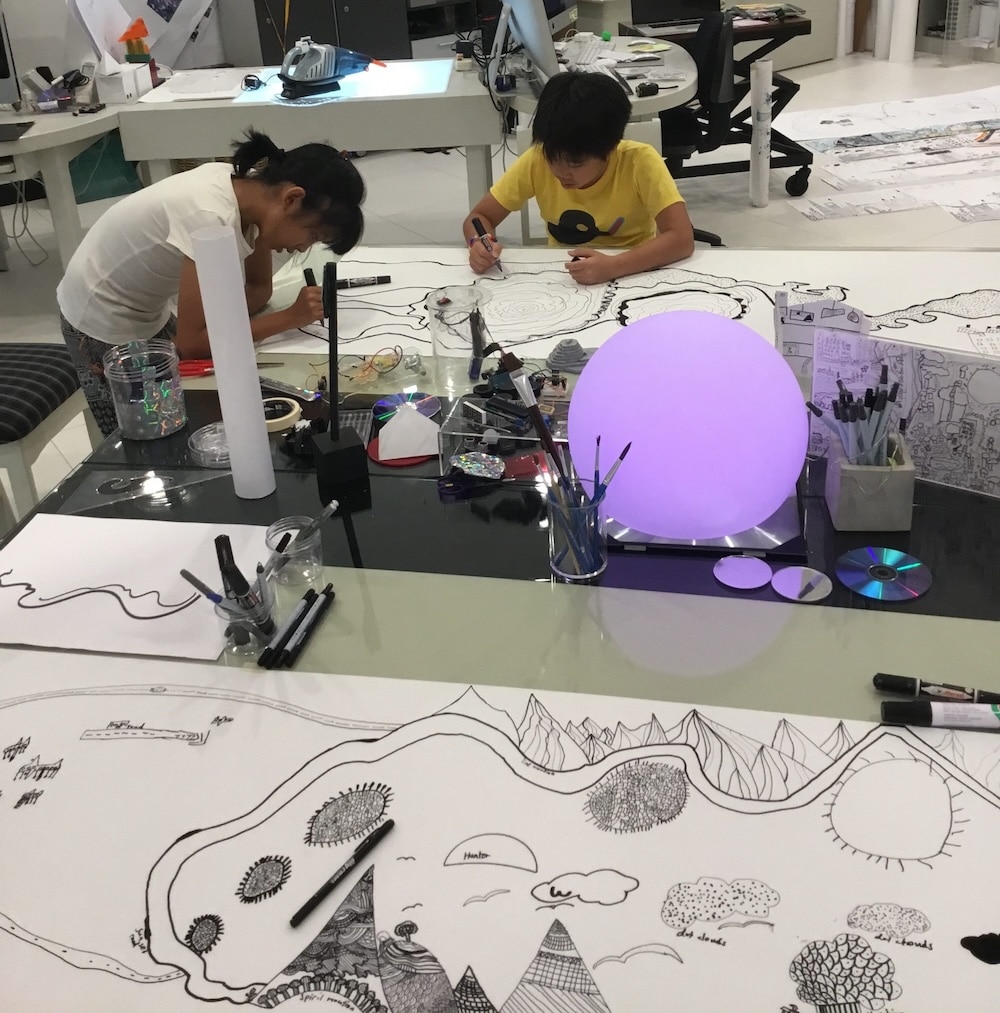
How does ELC apply these principles?
Collaborative learning spaces: ELC’s classrooms are designed to promote interaction, creativity, and collaboration. Flexible layouts and shared workspaces, and ateliers allow children to engage meaningfully with peers and educators.
Open-ended, purposeful play: Play is a powerful and intentional part of early learning at ELC. Children engage with diverse, artist-quality materials from natural elements like wood and clay to paints and textiles to explore, express, and create with meaning. Through this purposeful play and exploration, they develop key skills such as problem-solving, collaboration, communication, and early literacy—all within a joyful, hands-on environment.
Project-based learning: Project-based inquiry brings learning to life. A single project might integrate science, literature, mathematics, art, and design thinking. Children may explore the life cycle of insects, construct habitats, or build models to understand natural forces. Each year, projects are newly imagined and inspired by students’ interests, ensuring every learning journey is unique. Teachers guide the process intentionally, embedding academic objectives throughout.
Strong Community Involvement: Parents and families are valued partners. Our close-knit school community ensures that learning extends beyond the classroom and is supported at home.
A deep respect for the child as a global citizen: At the heart of the Reggio Emilia approach is a powerful belief that children are not just learners—they are citizens from birth. This view shapes everything we do at ELC. We honour each child’s ideas, voice, and agency in a nurturing environment that fosters responsibility, empathy, and a deep sense of global belonging. Our classrooms empower children to act with curiosity, purpose, and awareness of their place in the world, ready to contribute meaningfully to their communities, both now and in the future.
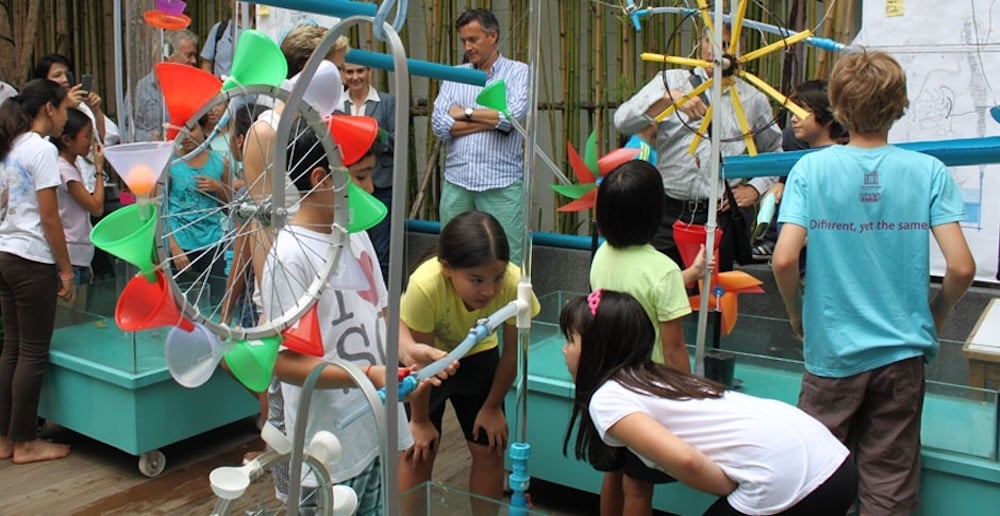
Why is ELC the ideal place for the early years?
ELC International Schools in Bangkok combine creativity with academic strength. Here, children don’t just learn — they thrive:
- Building deep knowledge through hands-on, interdisciplinary projects
- Developing future-ready twenty-first-century skills in a joyful yet structured setting
- Being seen, heard, and supported through every step of the learning journey
- Learning through a curriculum that values both creativity and academic excellence
Whether observing insects in the garden or coding a robot, children at ELC aren’t just learning about the world — they’re learning how to shape it.
Visit us and experience the wonder of learning, Reggio-style
The Reggio Emilia approach is more than just a teaching method; it is a philosophy that values children as capable, curious learners. At ELC, this philosophy is woven into every classroom, project, environment, and interaction. With over four decades of experience and a commitment to creativity, community, and academic excellence, ELC is proud to be a leader in Reggio-inspired education in Bangkok and the region.
Book a school tour and come discover how your child can flourish with us through an “experience day.”
References:
- https://raintree.ac.th/reggio-emilia-approach-guide/.
- https://theeducationhub.org.nz/the-reggio-emilia-approach/
- https://hamptonschool.ac.th/reggio-emilia/
